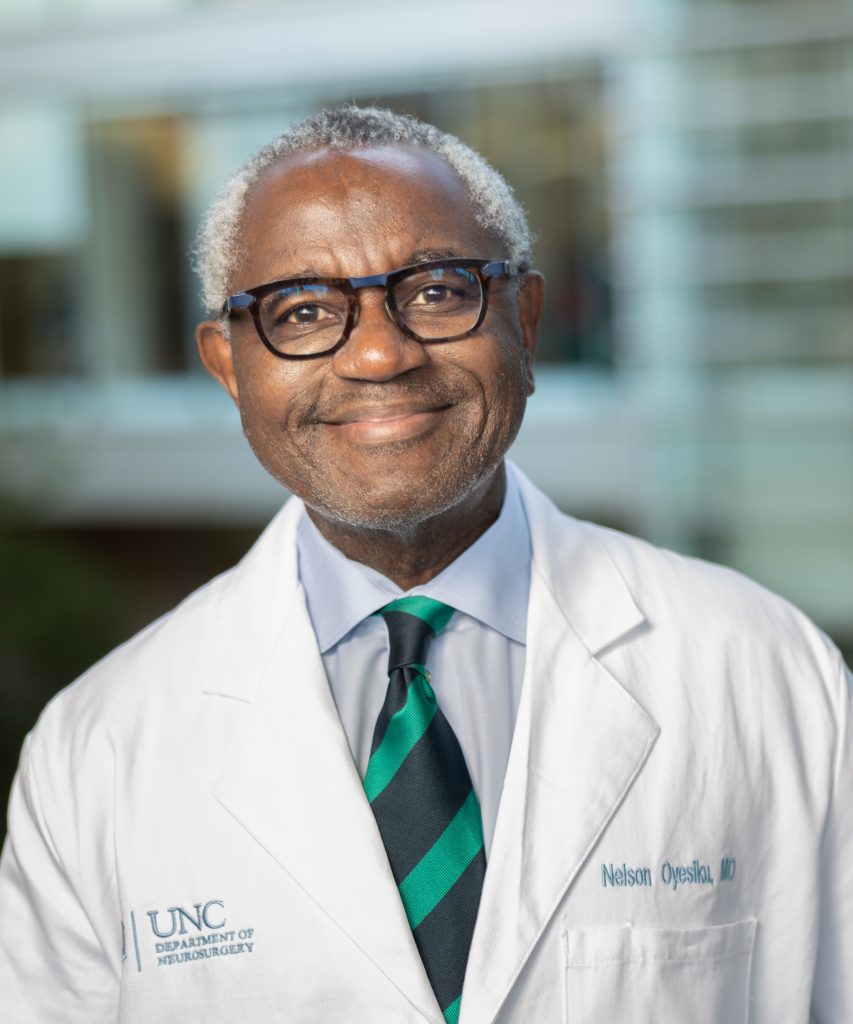

Nelson Oyesiku, MD, PhD, FACS
Chair, Department of Neurosurgery
Welcome to the UNC Pituitary Center! We are a multidisciplinary center providing a comprehensive clinic dedicated to excellence for the care of patients with medical and surgical disorders of the pituitary gland and its related structures. It is a great pleasure to serve you.
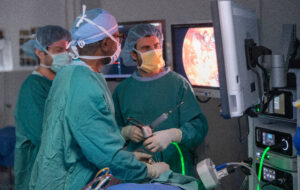 The UNC Pituitary Center offers streamlined care for patients with pituitary conditions, including pituitary tumors and pituitary medical problems. We provide comprehensive, patient-centered care combined with state-of-the-art diagnostic and therapeutic services through a multidisciplinary collaboration between neurosurgery, endocrinology, ENT, radiation oncology, neuro-radiology and neuro-ophthalmology providing patients with convenient access to all these specialists simultaneously.
The UNC Pituitary Center offers streamlined care for patients with pituitary conditions, including pituitary tumors and pituitary medical problems. We provide comprehensive, patient-centered care combined with state-of-the-art diagnostic and therapeutic services through a multidisciplinary collaboration between neurosurgery, endocrinology, ENT, radiation oncology, neuro-radiology and neuro-ophthalmology providing patients with convenient access to all these specialists simultaneously.
The pituitary gland is located at the base of the brain and controls hormones throughout the body. Pituitary tumors can disrupt hormone production. Pituitary tumors are common and are mostly benign, and can often go undetected for years and remain “silent”. For many patients however, severe symptoms can occur and treatment by medication or surgery is needed. Symptoms of pituitary tumors include vision loss, headaches, fatigue, loss of menses, loss of libido, and weight change.

Pituitary tumors can cause the pituitary gland to reduce hormone production, resulting in a medical condition called hypopituitarism, or can cause the pituitary gland to increase hormone production (hyperpituitarism). Blood work, urine, and saliva tests are used to assess hormone levels that can be disrupted by a pituitary tumor.
Medical imaging such as a CT scan or MRI is used to diagnose pituitary tumors and to monitor its growth.
We see patients for diagnosis or treatment of the following pituitary disorders:
Make an Appointment Refer a Patient
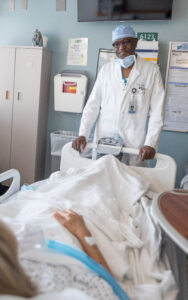 Dr. Nelson Oyesiku is acknowledged worldwide as one of the most skilled and experienced pituitary surgeons. Dr Oyesiku’s clinical expertise is pituitary medicine and surgery. Dr. Oyesiku is Professor and Chair, of the Department of Neurological Surgery and Professor of Medicine (Endocrinology) at the University of North Carolina, Chapel Hill and leads the UNC Pituitary Center. Before coming to UNC Health, Dr. Oyesiku was a Professor of Neurological Surgery and Medicine (Endocrinology) at Emory University in Atlanta, GA, as well as the Inaugural Daniel Louis Barrow Chair in Neurosurgery, Vice-Chairman, Department of Neurological Surgery, and the director of the neurosurgical residency program.
Dr. Nelson Oyesiku is acknowledged worldwide as one of the most skilled and experienced pituitary surgeons. Dr Oyesiku’s clinical expertise is pituitary medicine and surgery. Dr. Oyesiku is Professor and Chair, of the Department of Neurological Surgery and Professor of Medicine (Endocrinology) at the University of North Carolina, Chapel Hill and leads the UNC Pituitary Center. Before coming to UNC Health, Dr. Oyesiku was a Professor of Neurological Surgery and Medicine (Endocrinology) at Emory University in Atlanta, GA, as well as the Inaugural Daniel Louis Barrow Chair in Neurosurgery, Vice-Chairman, Department of Neurological Surgery, and the director of the neurosurgical residency program.
Dr Oyesiku was founder and co-director of the Emory Pituitary Center, and helped develop one of the largest practices in the country that is entirely devoted to the care of patients with pituitary tumors. Over the course of his career, he has performed over 4,000 pituitary tumor operations. He also pioneered the use of 3-D endoscopy for pituitary and skull base surgery. He completed his neurosurgical training at Emory University and is board-certified by the American Board of Neurological Surgery.
Dr Oyesiku’s research is focused on the molecular pathogenesis of pituitary adenomas, and tumor receptor imaging and targeting for therapy. He received a NIH K08 Award and Faculty Development Award from the Robert Wood Johnson Foundation, and was a recipient of an NIH R01 award. He is a Fellow of the American College of Surgeons and has served on its Board of Governors. Dr. Oyesiku has served as President of the Congress of Neurological Surgeons, and is the current president of the International Society of Pituitary Surgeons. He is also the current president of the World Federation of Neurological Surgeons.
Dr Oyesiku was the Editor-in-Chief of NEUROSURGERY, OPERATIVE NEUROSURGERY and NEUROSURGERY OPEN, leading journals in neurosurgery, for 13 years. He has authored over 180 scientific articles and book chapters.
Dr. Oyesiku was selected by his peers as one of The Best Doctors in America and was selected by the Consumer Research Council of America as one of America’s Top Surgeons. He is named in Marquis Who’s Who in America. He is a member of the Honor Medical Society – Alpha Omega Alpha. He was awarded the “Gentle Giant Award” by the Pituitary Network Association for his services to pituitary surgery and medicine. He is also on the Medical Advisory Board of the Cushing’s Support and Research Foundation.
At your first and subsequent visits you will be seen and examined by specialist physicians who work closely with advanced practice providers (PA or NP) and resident/fellow doctors. As dictated by your specific condition, you will be evaluated by Dr. Nelson M. Oyesiku, a neurosurgeon, Dr. Harris, a neuroendocrinologist, and other physicians within our multidisciplinary center.
Patient Portal: We encourage you to sign up for our Patient Portal, our online access tool that we will use to communicate test results. Please keep in mind the patient portal is not designed for communicating urgent medical issues to your doctors.
Films and Scans: It is important to bring any imaging studies (CT, MR, etc.) done elsewhere (usually on a CD) to your visits at the UNC Pituitary Center. We prefer to keep these here for comparison purposes, but also recommend that you keep a copy for your own records.
You may require additional imaging studies. If you perform them at UNC, please allow 7-10 working days for results. You will receive a message on Patient Portal, a letter, or a phone call regarding radiology results. If you do not hear from our office for 2 weeks after having the scan, please call for results.
Medical Records: If you have had prior treatments or consultations elsewhere, please try to obtain your medical records from the institution. These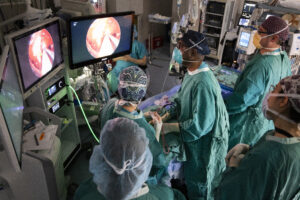 include office notes, hospital discharge summaries, lab results, radiology reports, etc. Please bring them with you at the visit or they can be uploaded electronically on Patient Portal.
include office notes, hospital discharge summaries, lab results, radiology reports, etc. Please bring them with you at the visit or they can be uploaded electronically on Patient Portal.
Lab Results: If we ordered laboratory tests, you will be notified via Patient Portal, letter, or telephone regarding the results. Please be aware that some endocrine tests are complex and require 7-21 days for results. We generally comment on results once they are all available.
Medications and Refills: If medications are needed, your prescriptions will be sent electronically to your pharmacy of choice. Should you require long-term endocrine treatment, refills are provided to suffice until your next visit with Dr. Harris (Endocrinologist). We recommend that you call at least one week before running out of a medication. If you are already out of your medication at the time of the call, please notify the nurse immediately. It is the responsibility of the patient to make sure that they have enough refills until the next visit, especially if an appointment is postponed or cancelled. Please note that some endocrine medications require preauthorization. This process may take up to four weeks and requires coordination between the patient, our office, the patient’s insurance company, and pharmacy.
Otolaryngology (ENT): Pituitary surgery is often done with the assistance of an ENT surgeon who is a skull base specialist. The ENT surgeon requires that you be seen in their office prior to undergoing surgery. Their office will contact you regarding scheduling.
 UNC’s Multidisciplinary Pituitary Tumor Center team works together to develop the most effective treatment plan for each patient. UNC became the first team in North Carolina to perform minimally invasive pituitary surgery to treat pituitary tumors in 2000, establishing the standard of care for treatment of pituitary tumors.
UNC’s Multidisciplinary Pituitary Tumor Center team works together to develop the most effective treatment plan for each patient. UNC became the first team in North Carolina to perform minimally invasive pituitary surgery to treat pituitary tumors in 2000, establishing the standard of care for treatment of pituitary tumors.
This surgical approach is done through the nose, which is a natural corridor to the pituitary region. This results in less disruption of normal tissues. It is done by both the UNC Otolaryngology and the UNC Neurosurgery teams.
If you are scheduled for surgery, please let us know if you are taking coumadin, plavix or other blood thinners. Arrangements will be made with your prescribing physician to be safely taken off these medications.
A preoperative appointment will be set up 1-3 days prior to your scheduled surgery. If you have heart, lung or bleeding disorders, clearance maybe required from your doctor or a UNC specialist before surgery. Generally, patients are NOT admitted to the hospital the night before surgery.
After surgery, you will receive instructions upon discharge regarding activity, medications, and wound care. If needed, you will be given an appointment 10-14 days following surgery for removal of sutures. All pituitary patients who undergo surgery will receive a lab order for a chemistry panel to be obtained one week postoperatively. If you choose to do these labs locally, you should call the next day to make sure results were faxed.
Postoperative visits usually occur at 6 weeks postoperatively, with a PA-C and with Drs. Oyesiku and with Dr Harris at 12 weeks postoperatively. In some cases, sooner visits are necessary and arranged upon discharge from the hospital. We also encourage patients to call with health issues that occur postoperatively.
Calling the Office: Please call 919-445-2410 to reach our staff. If your call is urgent, please let the operator know, so they can reach a nurse or physician in a timely manner. Otherwise, a message will be taken and your call will be returned within 24 hours. For urgent health concerns that occur on weekends, holidays and after regular business hours, please call the same number and the operator will contact the on-call team. If you have a medical emergency, please call 911 or go to the emergency room immediately.
The UNC pituitary tumor treatment team consists of leaders in each of their respective fields, ensuring that patients will receive the highest level of care with the best possible outcome when they choose UNC for pituitary tumor treatment and surgery.
A multidisciplinary pituitary conference is held regularly for all members of the treatment team to meet and discuss a patient care to ensure that each patient receives the most appropriate treatment for their pituitary tumor and condition.


Chair, Department of Neurosurgery
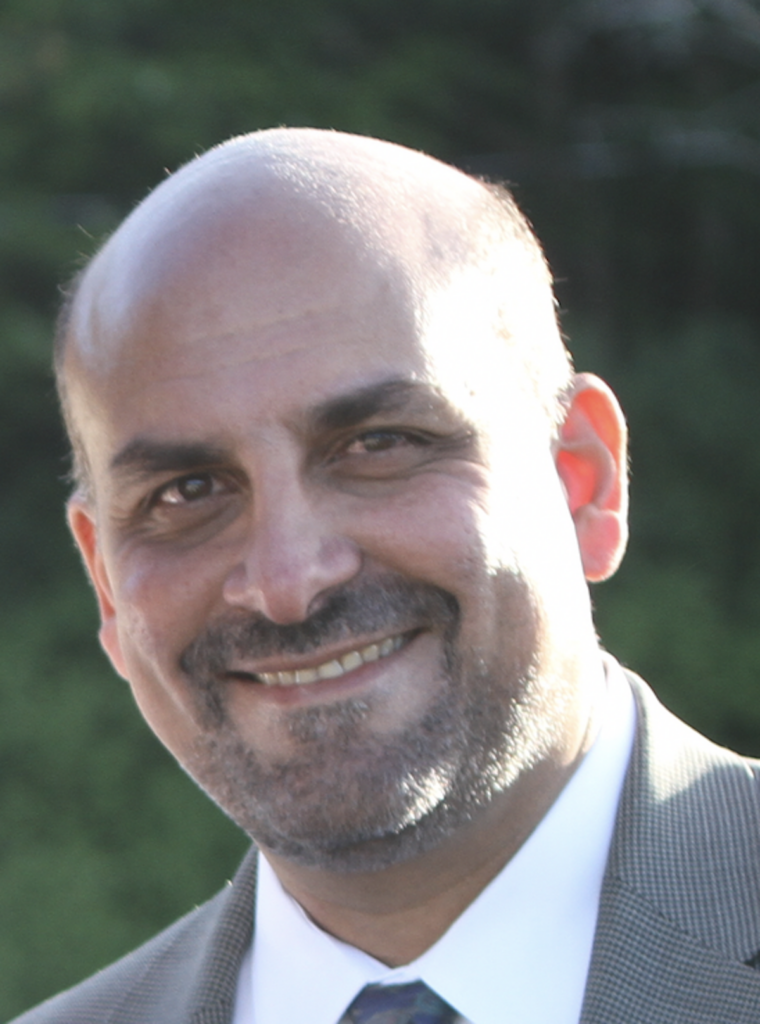

Vice Chair of Education, Clinical Skills Lab
Division Chief, Cerebrovascular & Skull Base Surgery
Professor


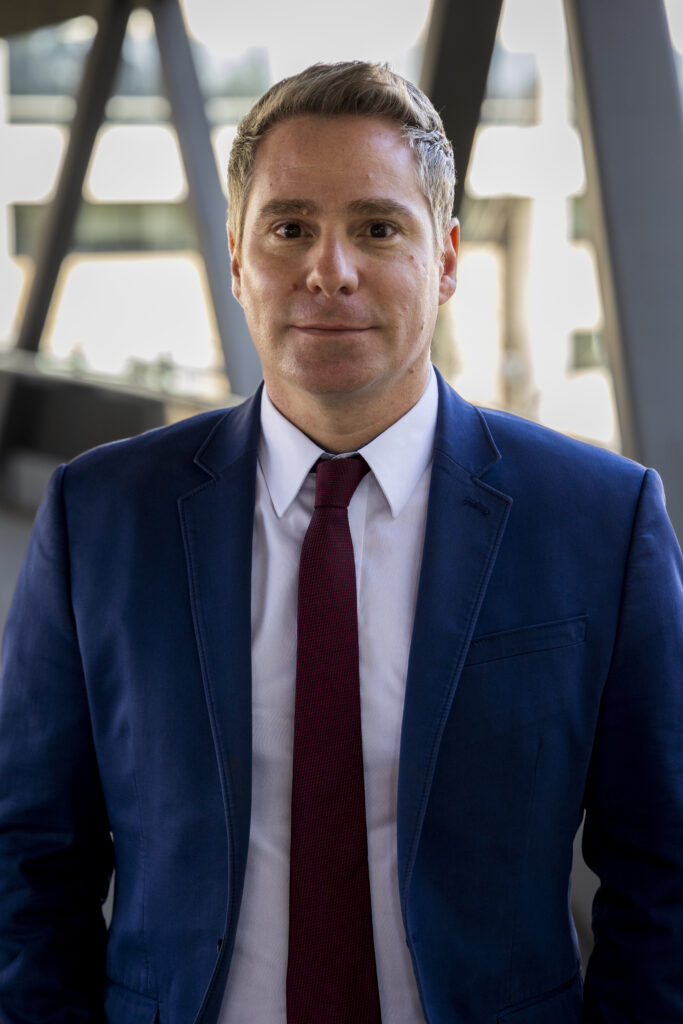

Clinical Endocrinologist
Co-director of the UNC Pituitary Center
Professor of Neurosurgery and Medicine
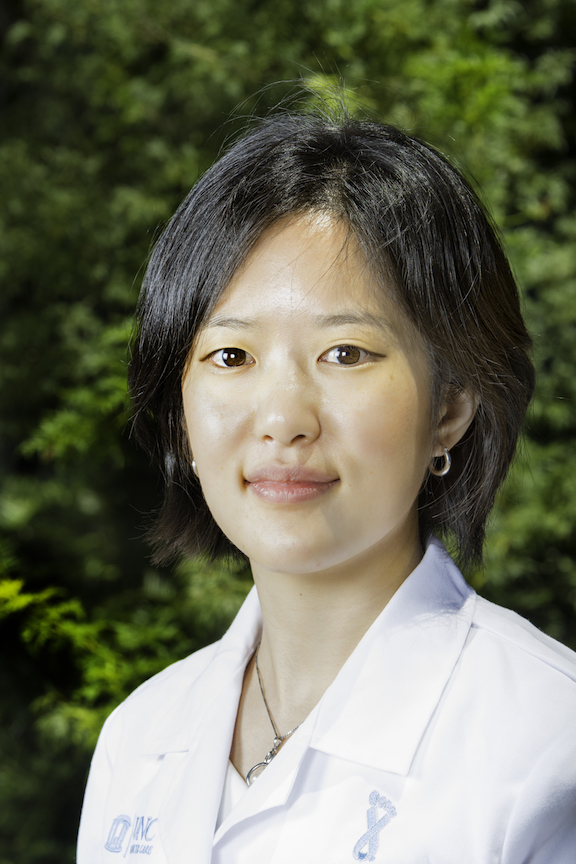

Assistant Professor, Radiation Oncology
The UNC Multidisciplinary Pituitary Tumor Clinic is located at the UNC Neurosurgery Clinic. If you would like to make an appointment at our clinic, please call 984-974-4175 to schedule.